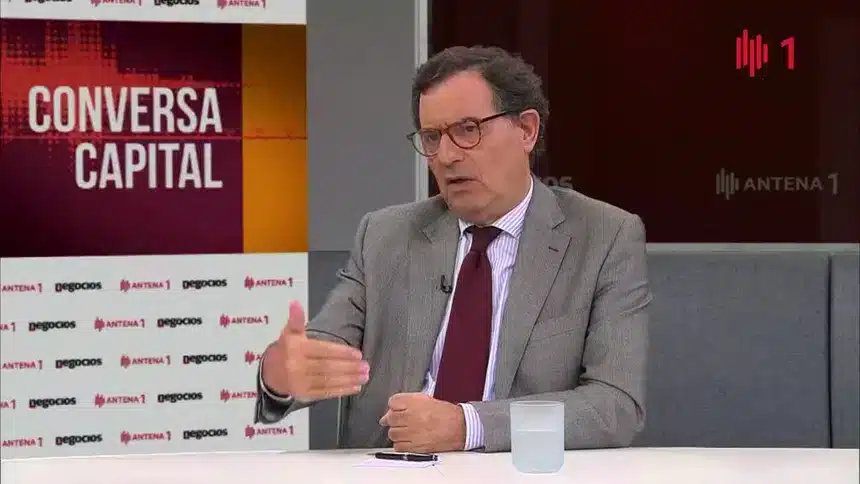“We need to look at investments that won’t make PRR deadlines”
Portugal’s AD government is considering reprogramming the Plan for Recovery and Resilience (PRR) next year, replacing European funds with national ones.
In interview on Antena 1 and Jornal de Negócios’ “Conversa Capital” this weekend, deputy Minister for Territorial Cohesion, Manuel Castro Almeida, explained that some projects may need to be removed from the PRR, because their execution within stipulated deadlines is logistically impossible (or almost impossible).
The idea, he said, is not to abandon the projects, but to replace European funds with national funds.
“The idea is not for a project to be left half-finished – it will be finished with national funds, and we will replace it with another project that was planned to be carried out with national funds. It doesn’t mean we’re going to drop projects, we’re going to switch projects around,” he said.
“It will be sometime next year, in 2025. At that point, we’ll look at the investments that won’t be able to be carried out by December 2026 and we’ll have to do some reprogramming to replace them” (with projects that can make the deadline).
However, Castro Almeida stressed this will only happen “if and when we come to the conclusion that there is a certain investment that cannot be carried out within the deadline”.
One such project could well be the desalination plant in Albufeira which Expresso has already said will be hard pressed to meet the PRR schedule.
ECO online suggests the Hospital de Lisboa Oriental (East Lisbon hospital) could be another. But there are literally dozens of others that are rapidly ‘running out of time’. The national monitoring committee of the PRR has found delays in 62% of Portugal’s investments – 39% of which are in a worrying or critical condition, and stressed the need for “urgent measures” to address the situation.
Thus, Castro Almeida told his interviewers that the government has two main objectives, regarding the PRR: the first is to do as much by the end of the year as was done by the previous executive (in two and a half years) and the second is not to waste “a single euro”.
“From April to December, we’re going to execute as much as had been executed in the previous two and a half years (…) the second goal I have is to reach December 2026, at the end of the PRR, and not have one euro of PRR subsidies left unused,” he said.
Attorney General’s Office concerned about fraud
The group of experts from the Attorney General’s Office, which is monitoring the implementation of the PRR, recommends strengthening the control of applications for housing projects, in order to avoid fraudulent processes.
Público explains that the change in procedures for PRR applications, particularly in housing – “which now allows for the tactical approval of applications and a payment before the process is analysed” – is causing concern.
Monitoring experts believe this scenario increases the risk of fraud and irregularities. However, the government appears not to share these concerns.
Responding to Público in an exclusive today, the office of the Minister for Infrastructure and Housing, Miguel Pinto Luz, said: “We don’t see any risk of irregularities or fraud in applications that are added by the signing of the TRA (Term of Responsibility and Acceptance), with a view to release of the first tranche”. ND
Source: Jornal de Negócios/ ECO online/ Jornal Económico

























